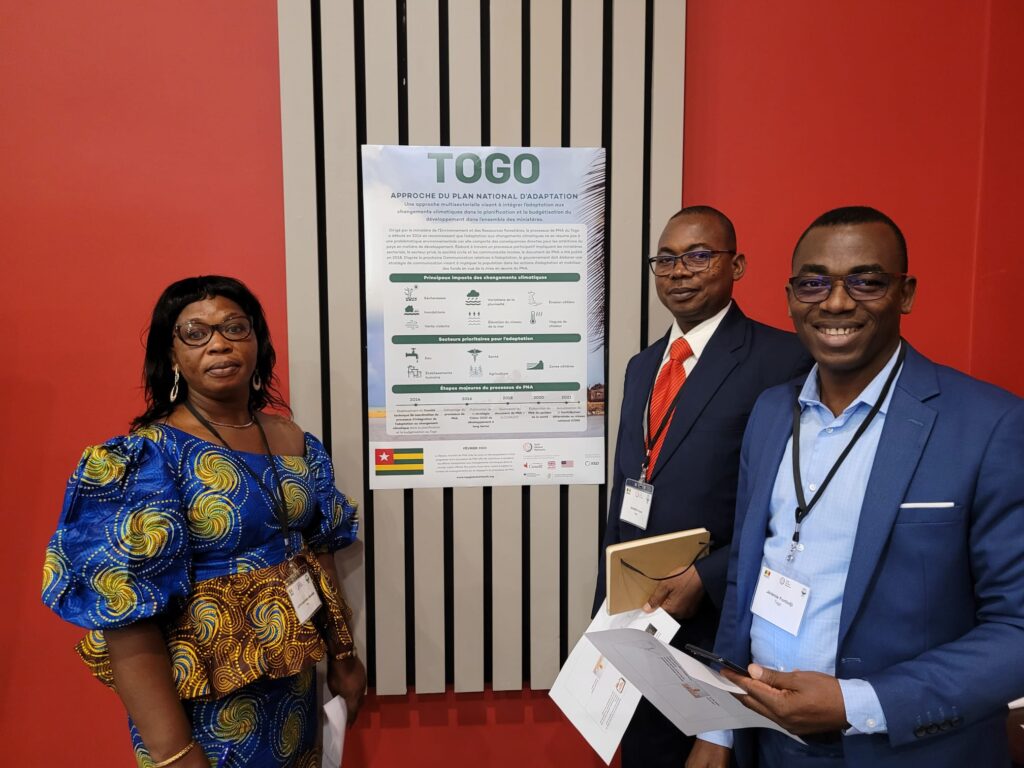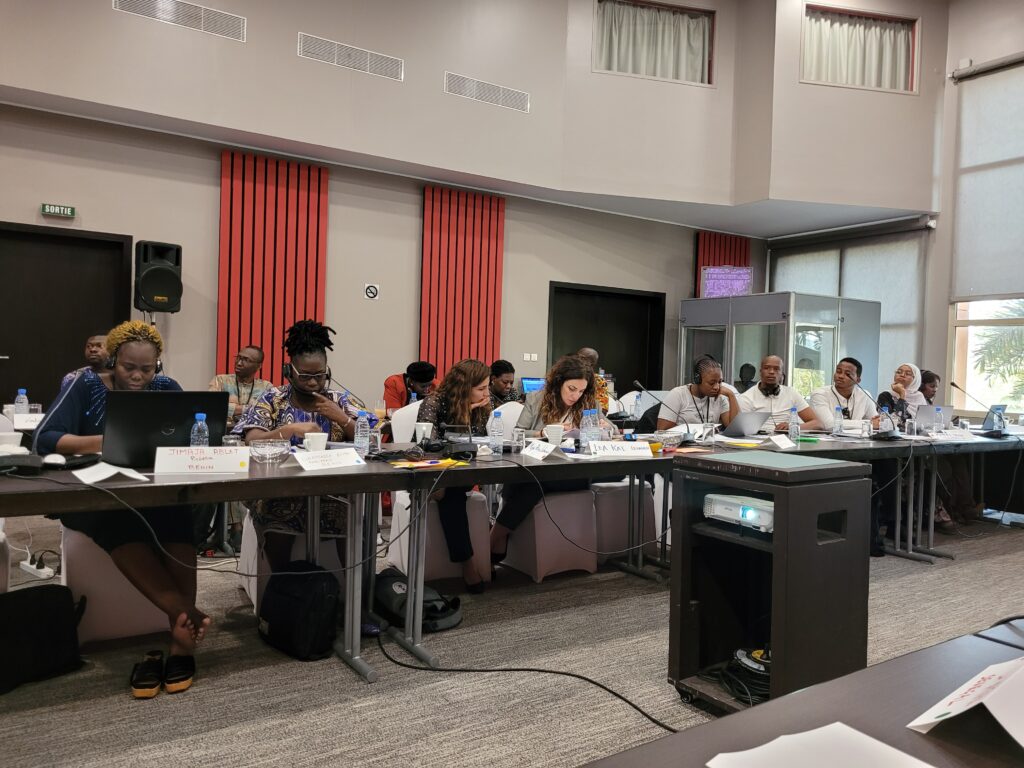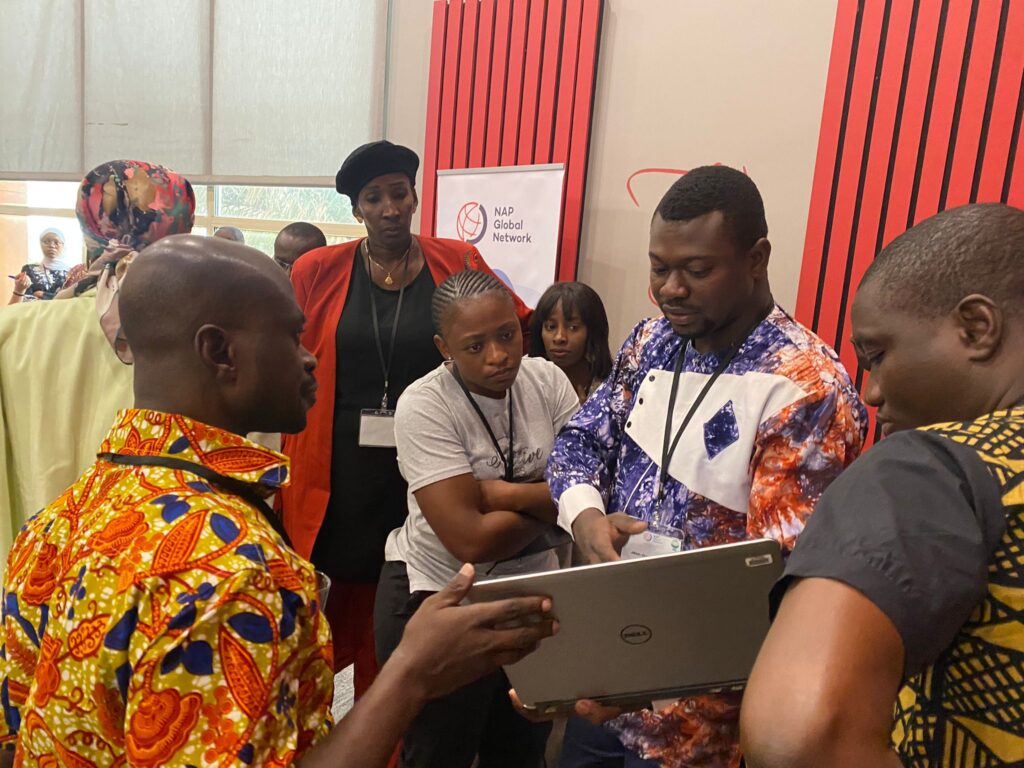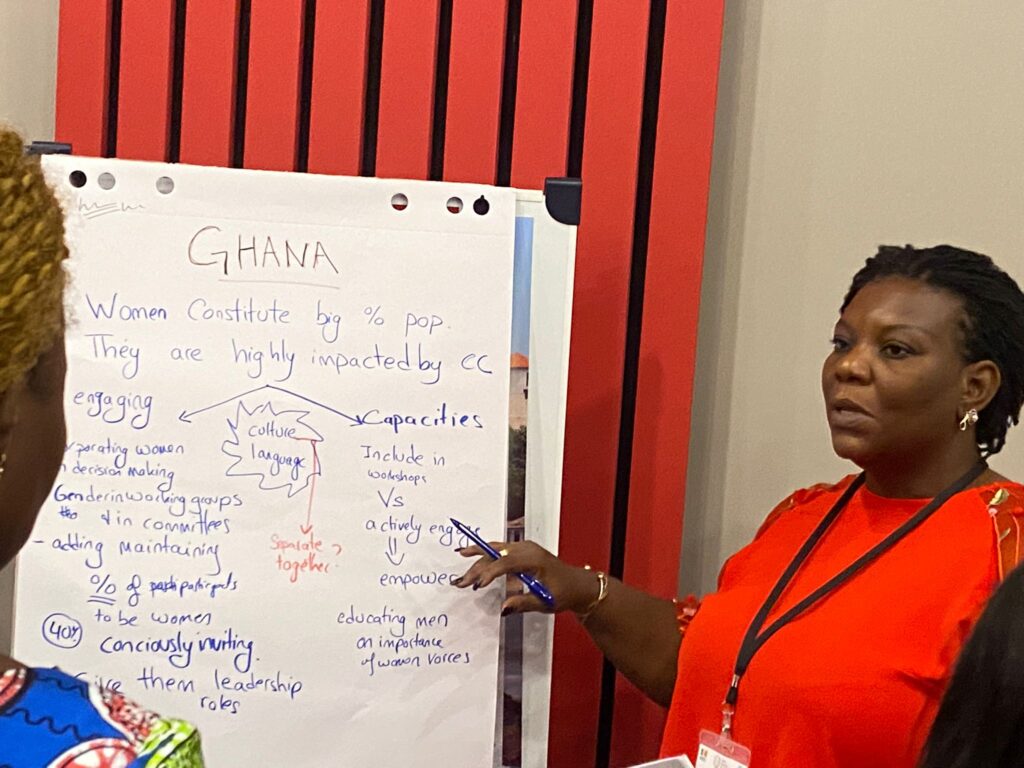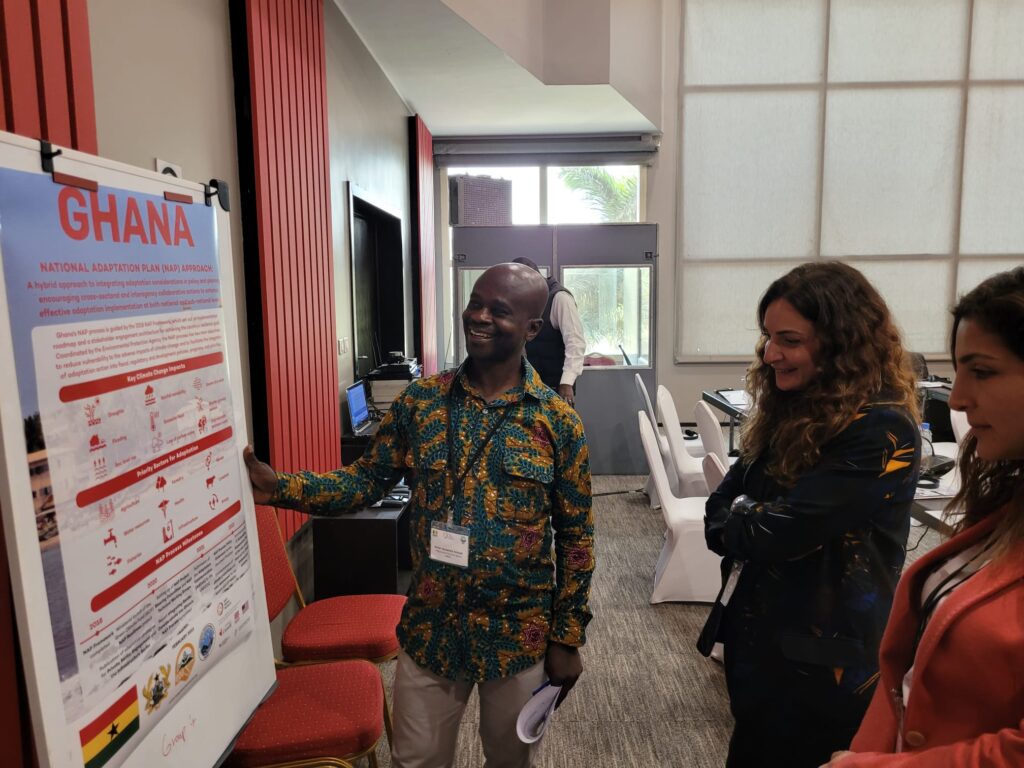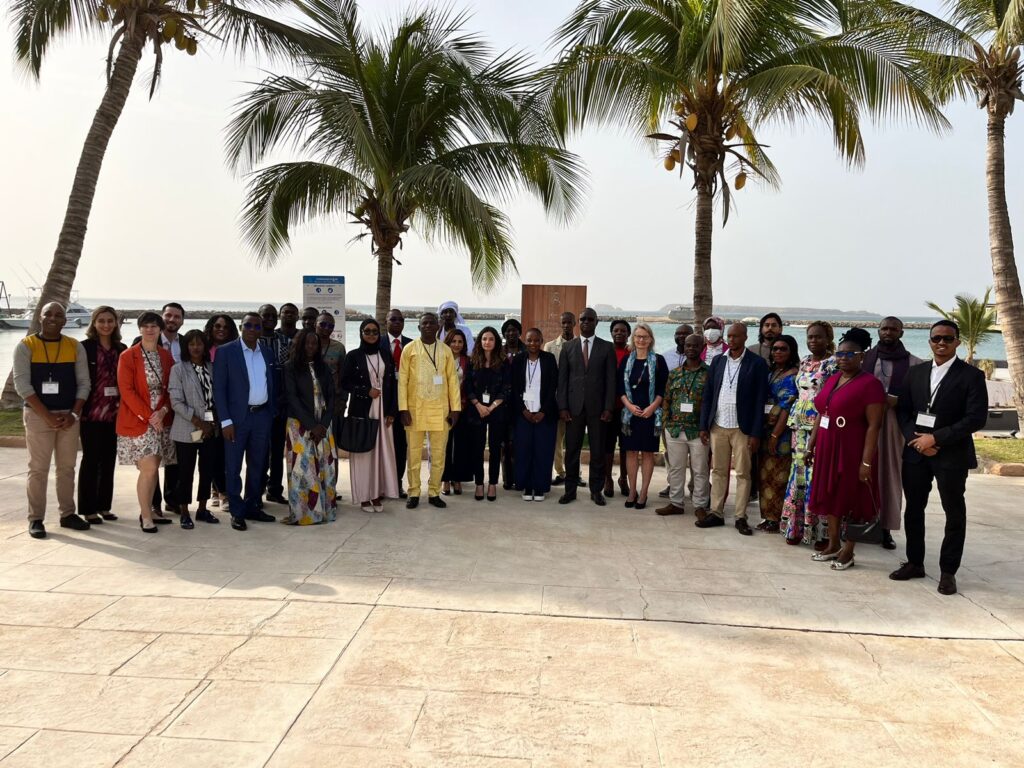Government actors leading on National Adaptation Plan (NAP) processes met in Dakar, Senegal, from February 21–23 to learn how to increase the efficiency and accuracy of their climate change adaptation operations with risk and vulnerability assessments (RVAs).
The NAP Global Network and the Government of Senegal invited government representatives from seven countries (Benin, Burkina Faso, Ghana, Lebanon, Lesotho, Somalia, and Togo) to learn from each other’s experiences on the proper development and use of RVAs in NAP processes. Subject matter experts also held technical sessions to explain the concept and design of RVAs, as well as their strategic role in adaptation planning processes.
Over 3 days, government representatives participated in workshops and activities to:
- Develop a shared understanding of the role of RVAs in NAP processes.
- Share experiences and lessons learned on different approaches to undertaking RVAs to advance gender-responsive NAPs.
- Explore the links between RVAs and MEL in the NAP process.
“If we want to provide adequate answers to the problems faced by countries such as ours, it is essential to understand all the mechanisms of the impacts of climate change on ecosystems and people’s living conditions, to anticipate these changes at global, regional, and national levels and to propose adaptation solutions.”
Madeleine Diouf Sarr, Head of Climate Division, Coordinator of Senegal’s NAP process
“Risk and vulnerability assessments are fundamental to effective climate change adaptation. Through our work with developing countries on their NAP processes, we are learning how countries can use them to their full potential.”
Anne Hammill, Senior Director of the NAP Global Network Secretariat, hosted by the International Institute for Sustainable Development
Support for this peer learning event was provided by the German Federal Ministry of Economic Cooperation and Development. More information about the NAP Global Network is available at: napglobalnetwork.org/.


